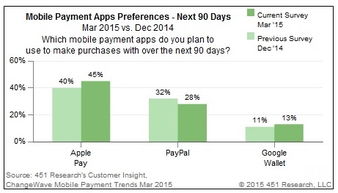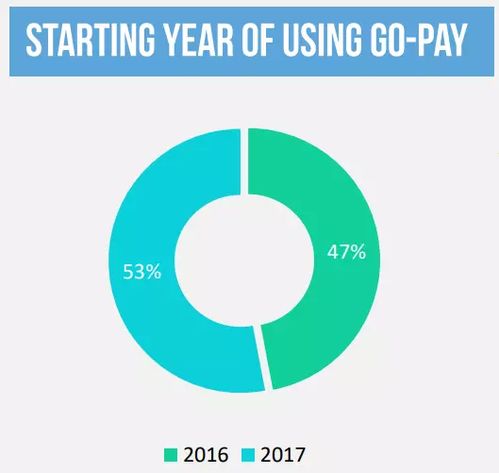Understanding the Pay Survey: A Comprehensive Guide

Are you curious about how pay surveys work and what they can reveal about the job market? Pay surveys are a valuable tool for both employers and employees, providing insights into salary trends, industry standards, and individual compensation. In this detailed guide, we’ll explore the various aspects of pay surveys, their importance, and how they can benefit you.
What is a Pay Survey?

A pay survey is a systematic collection of data that examines salary levels, benefits, and other compensation-related information within a specific industry, job role, or geographic area. These surveys are conducted by research firms, industry associations, and sometimes by companies themselves. The data collected is used to understand pay trends, identify gaps, and make informed decisions about compensation.
Types of Pay Surveys

There are several types of pay surveys, each with its own unique approach:
| Type of Survey | Description |
|---|---|
| Industry-Specific Surveys | Focus on a particular industry, providing detailed information about pay levels and benefits within that sector. |
| Job Role-Based Surveys | Examine pay levels for specific job roles, allowing employers and employees to compare salaries across different positions. |
| Geographic Surveys | Explore pay levels and benefits in different regions or cities, taking into account cost of living and other factors. |
| Company-Specific Surveys | Conducted by individual companies to gather data on their own compensation practices and compare them to industry standards. |
How Pay Surveys are Conducted
Pay surveys are typically conducted through a combination of methods, including:
-
Questionnaires: Respondents provide information about their salary, benefits, and other compensation-related details.
-
Interviews: In-depth interviews with employees and employers to gather more detailed information.
-
Publicly Available Data: Utilizing data from government agencies, industry publications, and other sources.
Benefits of Pay Surveys
Pay surveys offer numerous benefits to both employers and employees:
-
For Employers:
-
Competitive Pay: Ensure that your company’s compensation packages are competitive within your industry.
-
Attract and Retain Talent: Offer attractive compensation packages to attract and retain top talent.
-
Cost Management: Identify areas where you can reduce costs without impacting employee satisfaction.
-
-
For Employees:
-
Salary Benchmarking: Understand how your salary compares to industry standards.
-
Negotiation: Use survey data to negotiate a better salary or benefits package.
-
Job Market Insights: Gain insights into the job market and identify opportunities for career growth.
-
How to Use Pay Survey Data
Once you have access to pay survey data, here are some ways to use it effectively:
-
Salary Benchmarking: Compare your salary or compensation package to industry standards to ensure you’re being paid fairly.
-
Compensation Planning: Use survey data to inform your compensation planning and budgeting processes.
-
Recruitment and Retention: Use survey data to attract and retain top talent by offering competitive compensation packages.
-
Performance Management: Use survey data to identify areas where you can improve employee performance and satisfaction.
Conclusion
Pay surveys are a valuable resource for understanding salary trends, industry standards, and individual compensation. By utilizing pay survey data, both employers and employees can make informed decisions about compensation, attract and retain top talent, and ensure they are being paid fairly. Whether you’re an employer looking to stay competitive or an employee seeking to understand your worth in the job market, pay surveys are an essential tool to have in your arsenal



